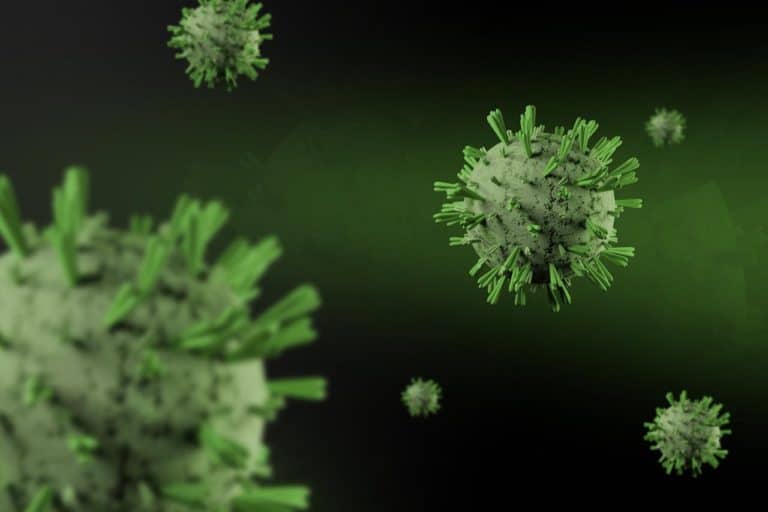New Study Examines Possible Eye Changes After Pfizer’s COVID-19 Vaccine
Have you ever wondered how vaccines might affect parts of the body beyond the immune system? Most people think about arm soreness, fatigue, or fever, but your eyes rarely come to mind. A new study from researchers in Turkey examined how the Pfizer BioNTech COVID 19 vaccine may influence the cornea, the clear curved layer…






















